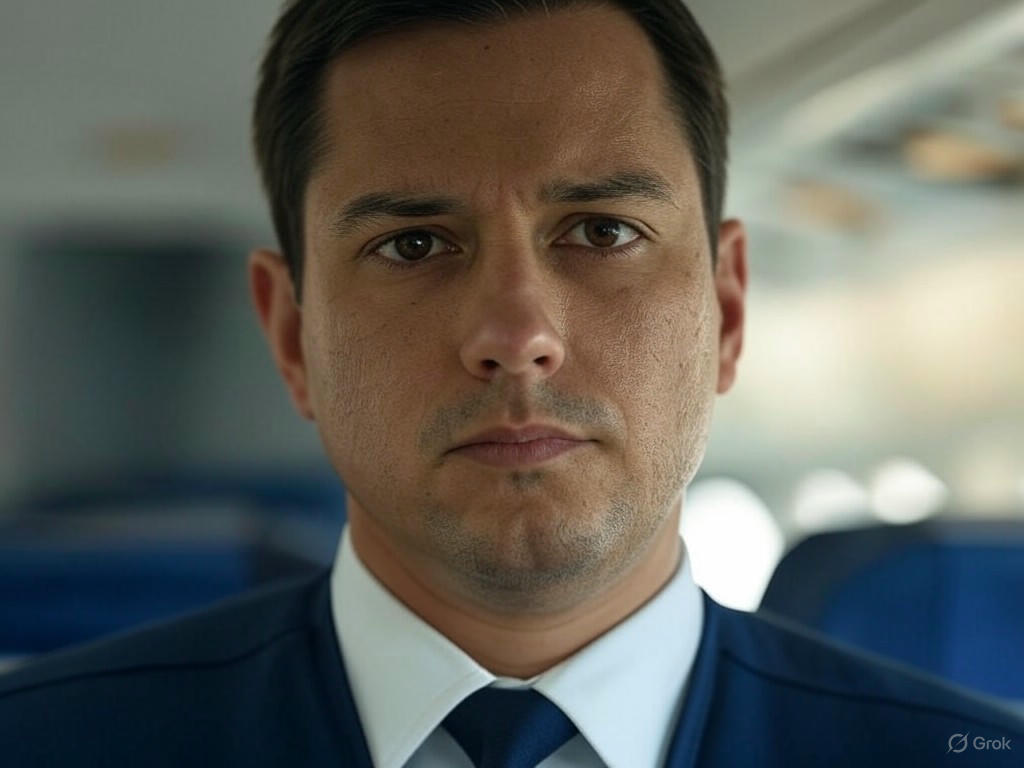Sky High Deception: Man Fools Airlines for Over 120 Free Flights
In a stunning case of audacity and deception, a man has been convicted for impersonating a flight attendant to secure over 120 free flights across multiple airlines. This elaborate scheme, which spanned several years, has left the aviation industry reeling and prompted urgent calls for tighter security measures at airports nationwide.
The individual, whose identity remains undisclosed due to legal proceedings, reportedly began his fraudulent journey by crafting a convincing persona as a cabin crew member. Armed with forged credentials, fake uniforms, and an uncanny ability to blend in, he managed to board flights without raising suspicion. Sources close to the investigation reveal that he targeted four major airlines, exploiting gaps in their verification processes to travel across the country—and even internationally—without paying a dime. His actions went undetected for years, allowing him to rack up an estimated value of tens of thousands of dollars in free travel.
What makes this case particularly alarming is the ease with which he navigated airport security and airline protocols. Insiders suggest that he often mingled with legitimate crew members, using their presence as a shield against scrutiny. On some occasions, he allegedly assisted with minor in-flight tasks to maintain the illusion, further convincing passengers and staff of his authenticity. This breach has exposed significant vulnerabilities in how airlines confirm the identities of their personnel, raising concerns about broader safety implications beyond financial loss.
The deception came to light only after a suspicious airline employee noticed inconsistencies in his documentation during a routine check. Following a thorough investigation by federal authorities, the man was apprehended and charged with multiple counts of fraud and identity theft. His trial revealed the meticulous planning behind his actions, including how he studied airline schedules and employee behaviors to perfect his disguise. The court’s ruling serves as a stark reminder of the lengths some individuals will go to exploit systems for personal gain.
As the dust settles on this extraordinary case, the aviation sector is grappling with how to prevent similar incidents in the future. Experts are urging airlines to adopt more robust identity verification technologies, such as biometric scanning and real-time employee tracking. Additionally, there’s a growing push for enhanced training programs to help staff spot impostors. The financial impact on the affected airlines, while significant, pales in comparison to the potential risks such breaches pose to passenger safety and trust in the industry.
This saga of sky-high trickery is a wake-up call for an industry already under pressure to balance efficiency with security. While the convicted man’s free-flying days are over, his story will likely linger as a cautionary tale. It underscores the need for vigilance and innovation in an era where deception can take flight just as easily as a plane. Airlines must act swiftly to close these loopholes, ensuring that the skies remain a safe and trusted space for all.


